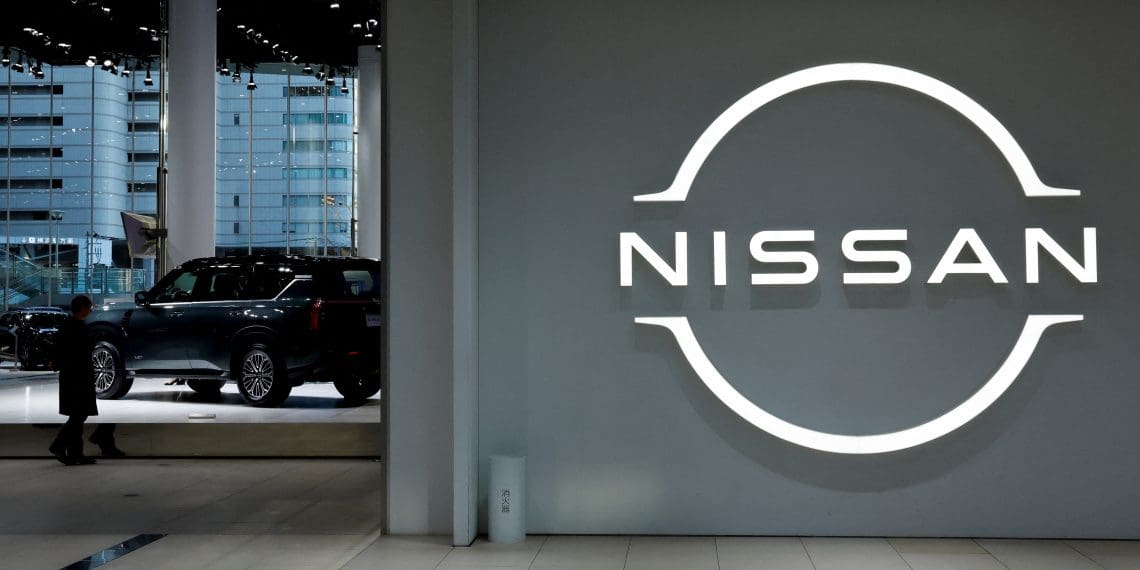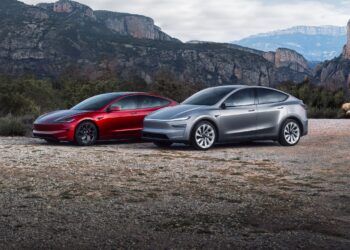Foxconn, the global leader in electrical and electronic component production, has not ruled out acquiring Renault’s 36% stake in Nissan, signaling a potential shake-up in the Japanese automotive sector. However, the Taiwanese manufacturing giant has made it clear that its primary focus remains on industrial cooperation, rather than outright ownership.
Foxconn’s Strategic Interest in Nissan
Foxconn Chairman Young Liu revealed the company’s interest during a press briefing in New Taipei, where he discussed potential collaborations with both Nissan and Honda. His remarks come at a crucial time for Nissan, which has been undergoing cost-cutting measures, layoffs, and executive salary reductions to navigate financial challenges.
“If there is an operational need, we would consider it, but our aim is not to buy shares: we want to cooperate,” Liu stated, emphasizing that Foxconn’s interest is in strategic partnerships, not just financial investments.
Despite this cautious stance, Foxconn has not ruled out negotiations with Renault, which currently holds a 36% stake in Nissan. The French automaker has been restructuring its alliances and exploring potential divestments, making a sale to Foxconn a plausible option.
Potential Renault Stake Sale: A $3.5 Billion Deal
Renault’s Nissan stake is divided into two portions:
- 18.7% held directly by Renault
- The remainder placed in a French trust
With Nissan’s market capitalization at nearly $10 billion, Renault’s 36% stake is estimated at $3.5 billion. If sold, the proceeds could be reinvested in new projects, including Renault’s push into electrification and AI-driven automotive technology.
Why Foxconn Is Interested in Nissan
Foxconn has been making significant moves in the EV sector, seeking to expand beyond its traditional role as an electronics supplier. Its previous collaboration with Honda ended without concrete results, but its interest in Nissan suggests a broader strategic ambition.
The Taiwanese company is positioning itself as a key player in the global shift toward electrification, mirroring its success in consumer electronics with brands like Apple.
Geopolitical and Market Challenges
Foxconn’s automotive ambitions are unfolding against the backdrop of geopolitical tensions and global trade uncertainties:
- Trump’s proposed tariffs on imported vehicles have been delayed until March 4, but the risk of trade restrictions looms over global auto markets.
- China’s growing dominance in EV production is putting pressure on traditional automakers, including Nissan and Honda.
- Foxconn must navigate regulatory complexities in key markets, including the U.S., Europe, and Japan.
“Apple’s iPhone production takes place in both the US and Mexico, so depending on the tariffs, we will plan for different production capacities,” Liu assured, highlighting Foxconn’s ability to adapt to shifting trade policies.
What This Means for the Auto Industry
If Foxconn secures a major stake or forms an alliance with Nissan, it could: ✅ Boost Nissan’s EV development by leveraging Foxconn’s expertise in battery technology and electronics.
✅ Position Foxconn as a major automotive player, accelerating its transition from contract manufacturing to full-scale vehicle production.
✅ Help Renault raise capital to fund its EV and AI-focused initiatives.
✅ Intensify competition with Chinese automakers, especially in the EV and AI-driven mobility sectors.
Final Thoughts: A Deal in the Making?
Foxconn’s interest in Nissan signals a potential realignment in the global auto sector. While Liu downplays an immediate acquisition, Renault’s ongoing restructuring and Nissan’s financial struggles could pave the way for a strategic deal.
As the EV race accelerates, Foxconn’s deep pockets, tech expertise, and manufacturing prowess make it a powerful potential partner for Japanese automakers. Whether this turns into an ownership deal or a high-profile collaboration, the future of Nissan—and possibly Renault—could be shaped by Foxconn’s next move. 🚗⚡










